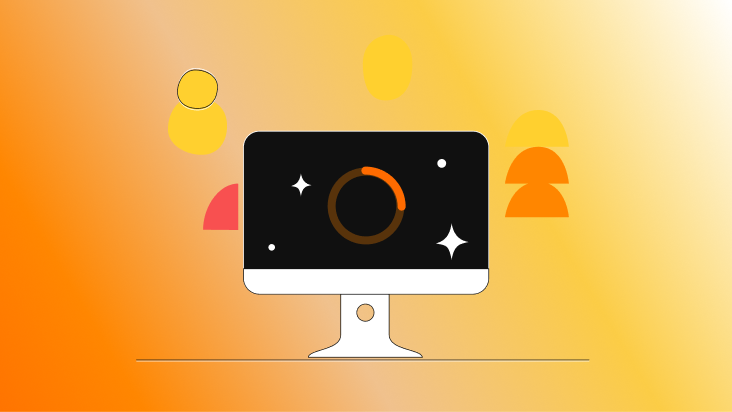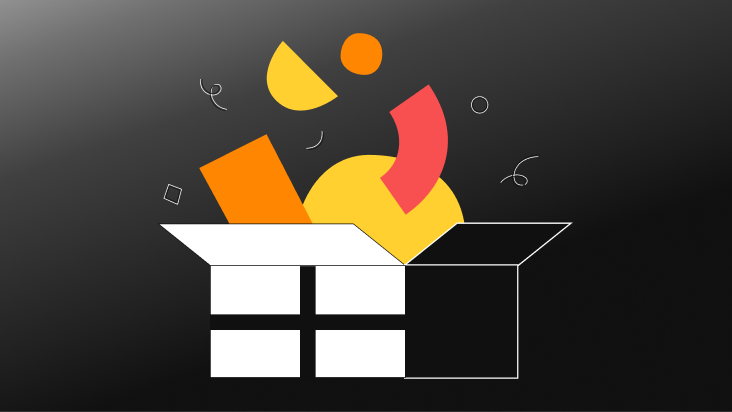In an age where social media is part of our everyday lives, keeping your accounts secure is more important than ever. From influencers and small business owners to everyday users, anyone with a social media profile is a potential target for cybercriminals.
There is one surprisingly crucial aspect of protecting your social media accounts that is often overlooked: antivirus software. While we often think of antivirus as something to defend our devices from malware and viruses, it plays a critical role in overall internet security—including protecting our social media profiles.
In this article, we’ll explore why antivirus software is a must-have for securing your social media presence and what steps you can take today to protect yourself.
Why Social Media Is a Prime Target for Cybercriminals
Social media platforms are treasure troves of personal information. Think about it:
- Your location, birthdate, and email address are often publicly visible or easily guessed.
- Many people use the same password across platforms.
- Direct messages (DMs) often contain sensitive or private conversations.
- If you’re a business or influencer, your brand reputation and income are tied to your accounts.
This rich data environment makes social media platforms a prime target for:
- Phishing attacks: Trick users into revealing personal or financial information by impersonating trusted sources—often through fake messages or links that lead to fraudulent websites.
- Credential stuffing: A type of cyberattack where hackers use stolen usernames and passwords (from past data breaches) to try and access other online accounts, banking on users reusing passwords.
- Account takeovers: When a hacker gains unauthorized control of a user’s social media or online account—often to steal data, spread scams, or impersonate the victim.
- Malware injections: The process of inserting malicious software into a system or website—often through vulnerabilities—to spy, steal data, or take control of devices without the user knowing.
- Scams and impersonation: Fraudulent activity where attackers pose as real people or organizations to deceive users—commonly seen in fake giveaways, clone profiles, or messages from “support teams.”
- Spyware and stalkerware: Stealthy software secretly installed on devices to monitor user activity, track location, steal personal info—or in the case of stalkerware, enable abusive surveillance by another person.
So how do cybercriminals gain access in the first place? That’s where antivirus software enters the picture.
Common Cyber Threats on Social Media
Let’s look at the types of attacks that antivirus software can help prevent:
1. Phishing and Social Engineering
Phishing is the most common form of attack, and social media makes it easy. A malicious link disguised as a giveaway, DM, or even a post from a hacked friend can trick you into entering your login credentials–and this could cost you bigtime. Last year, there were more than 4,000 incidents in social engineering.
UltraAV’s software includes advanced website protection features like browser protection, which proactively warns you before you visit malicious websites or download unsafe files—helping you avoid dangerous links before you even click them.
2. Malware-Infected Downloads
Hackers often spread malware disguised as popular videos, plugins, or app extensions. Once downloaded, malware can track your keystrokes (keyloggers), steal credentials, or take over your account.
Antivirus software, such as UltraAV, will scan and quarantine suspicious files, keeping your system clean.
3. Spyware and Keyloggers
Some attackers install spyware on your device to monitor your activity. This includes keyloggers that can capture login credentials when you sign into Instagram, Facebook, or TikTok.
Antivirus software constantly monitors for these threats and removes them before they cause damage.
4. Session Hijacking
If your device is infected with the right kind of malware, hackers can hijack your logged-in sessions. That means they don’t need your password—they can access your accounts directly.
Modern antivirus tools include firewall protection and browser security tools that can stop session hijacking.
5. Fake Apps and Browser Extensions
Fraudulent apps and extensions often ask for excessive permissions or mimic popular social media tools. Once installed, they can steal access tokens, upload malware, or post on your behalf.
Antivirus software identifies potentially unwanted programs (PUPs) and flags fake apps before they cause harm.
Why Antivirus Software Is a Social Media Must-Have
Antivirus is more than just a cleanup tool for infected files—it’s a real-time protection layer that works in the background to:
- Block dangerous websites and fake login pages
- Detect and isolate spyware
- Prevent malware downloads from phishing links
- Stop data-stealing trojans
- Monitor unusual activity that could be tied to account takeover attempts
In short, antivirus software helps secure your devices, and by extension, your access to social media. Without it, your accounts are only as safe as your browser habits.
Tips to Secure Your Social Media Accounts
While antivirus is a core component of your defense, it works best alongside smart behavior. Here’s how:
1. Install Antivirus Software on All Devices
Whether you’re on a phone, tablet, or laptop, antivirus protection is essential. Choose a solution like UltraAV that offers:
- Real-time protection: Watches your device 24/7 and blocks viruses or malware instantly.
- Anti-phishing tools: Stops fake websites and messages that try to steal your info.
- Secure web browsing: Blocks dangerous sites and keeps your online activity private.
- Privacy monitoring: Alerts you if your personal info is found in a data breach.
- Mobile app security: Scans your apps for threats and protects your data on mobile.
2. Use Unique, Strong Passwords
Avoid reusing the same passwords across multiple platforms. Use a password manager, like the one that comes with UltraAV, to create and store strong, random credentials.
3. Enable Two-Factor Authentication (2FA)
Most platforms offer 2FA. Enable it–ALWAYS. Even if a hacker gets your password, they won’t get in without your second layer of verification.
4. Avoid Third-Party Login Apps
Be wary of connecting your account to unverified apps that ask for full access. Antivirus software can detect apps with excessive permissions.
5. Think Before You Click
Never click on suspicious links in DMs or comment sections. Your antivirus should alert you if something looks unsafe—but always stay vigilant.
6. Keep Your OS and Apps Updated
Security vulnerabilities in outdated apps and operating systems are common. Keep everything up to date—including your antivirus!
7. Monitor Your Account Activity
Watch for unexpected logins, password resets you didn’t request, or messages you didn’t send. Antivirus tools can sometimes alert you if suspicious login patterns are detected.
Conclusion
Social media accounts are more than just online profiles—they’re extensions of your identity. Whether you’re posting vacation pics, running a business, or networking for your career, your online presence needs to be secured.
Antivirus software plays a vital role in keeping you safe. It doesn’t just stop viruses—it protects your passwords, blocks malicious links, and keeps hackers out of your digital life. Combining antivirus software with proper online security behavior, your social media accounts should remain in your control.
Ready to protect your devices? Download UltraAV now and stay safe from malware, viruses, and emerging threats like AsyncRAT.




